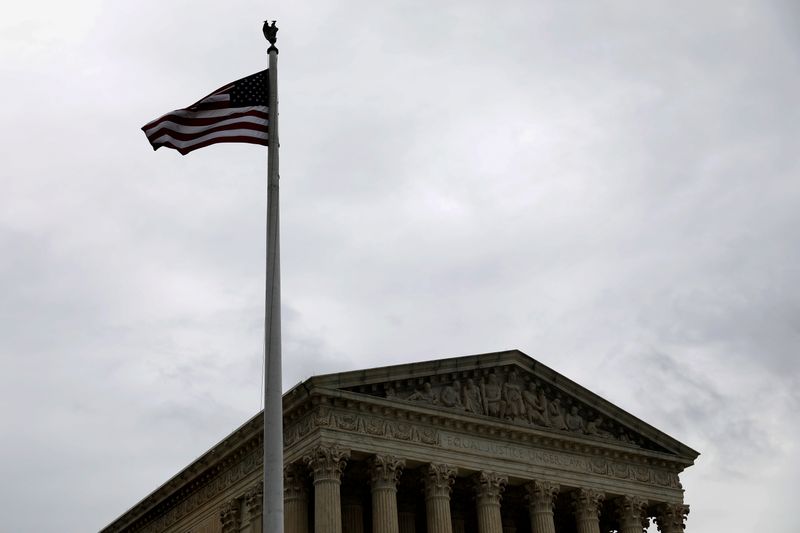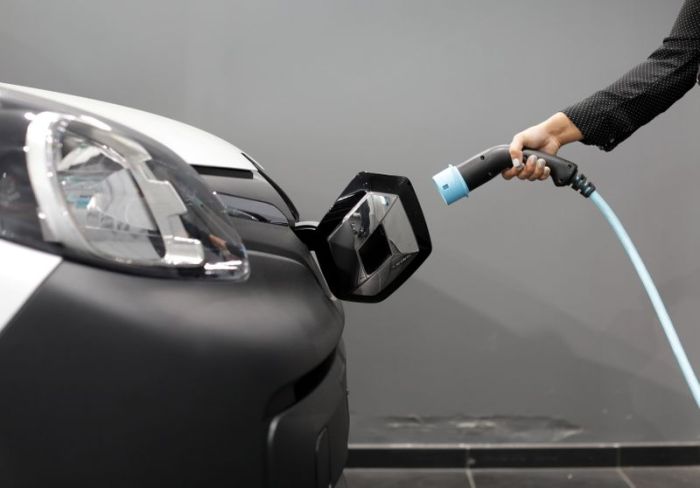WASHINGTON (Reuters) – The U.S. Supreme Court on Monday allowed a Texas inmate to pursue his claim against prison officials that his civil rights were violated by being locked up in cells with extremely filthy conditions.
The justices, in an unsigned opinion, set aside a lower court ruling that had found that prison officials were protected under a legal defense called qualified immunity from the claim in inmate Trent Taylor’s lawsuit accusing them of violating the U.S. Constitution’s Eighth Amendment prohibition against cruel and unusual punishment.
Conservative Justice Clarence Thomas dissented from the decision. Conservative Justice Amy Coney Barrett, who joined the court last week, did not participate in the case.
Taylor, who is serving an 11-year sentence for aggravated robbery, said he was left naked for six days in two different cells – one covered in human feces and the other covered in raw sewage – at a state psychiatric prison unit in Lubbock in 2013 following a suicide attempt.
The Supreme Court created qualified immunity five decades years ago to protect government officials from frivolous lawsuits. Police and other officials have said the doctrine ensures that they can make split-second decisions in dangerous situations without the hindrance of worrying about being sued later.
Taylor, 33, appealed a 2019 ruling by the New Orleans-based 5th U.S. Circuit Court of Appeals that said that although prison officials violated the Eighth Amendment, they were protected by qualified immunity because their actions were not “clearly established” as unlawful at the time.
The justices disagreed, calling the prison conditions “deplorably unsanitary.”
“Confronted with the particularly egregious facts of this case, any reasonable officer should have realized that Taylor’s conditions of confinement offended the Constitution,” the justices wrote.
The claims in Taylor’s lawsuit arose from a six-day period in September 2013 during his detention at the John T. Montford unit of the Texas Department of Corrections.
Taylor said that the floor, ceiling, window and water faucet in the first cell, where he was held for about four days, were covered in feces. Taylor said he spent around two days in a separate cell with a drain in the floor where he was told to urinate. The drain was blocked, Taylor said, meaning there was raw sewage on the floor.
Reuters in May published an investigation that revealed how qualified immunity, with the Supreme Court’s continual refinements, has made it easier for police officers to kill or injure civilians with impunity. [See https://www.reuters.com/investigates/section/usa-police-immunity]
The investigation found that police often escape liability even when a lower court determines they used excessive force in violation of the U.S. Constitution’s Fourth Amendment, so long as their specific conduct has not been “clearly established” in earlier cases as unconstitutional.
In an analysis of hundreds of appeals in excessive force cases between 2005 and 2019, Reuters found an increasing tendency in the courts to grant qualified immunity.
(Reporting by Lawrence Hurley in Washington and Andrew Chung in New York; Editing by Will Dunham)





















